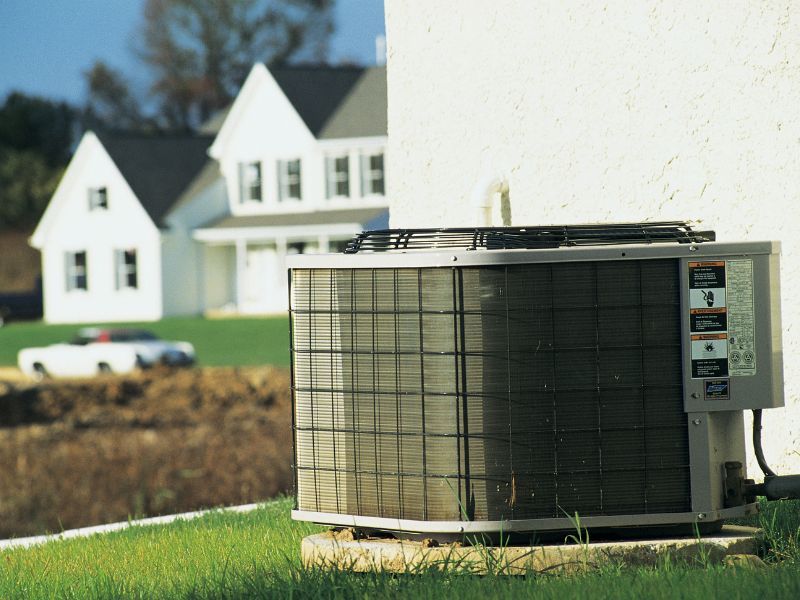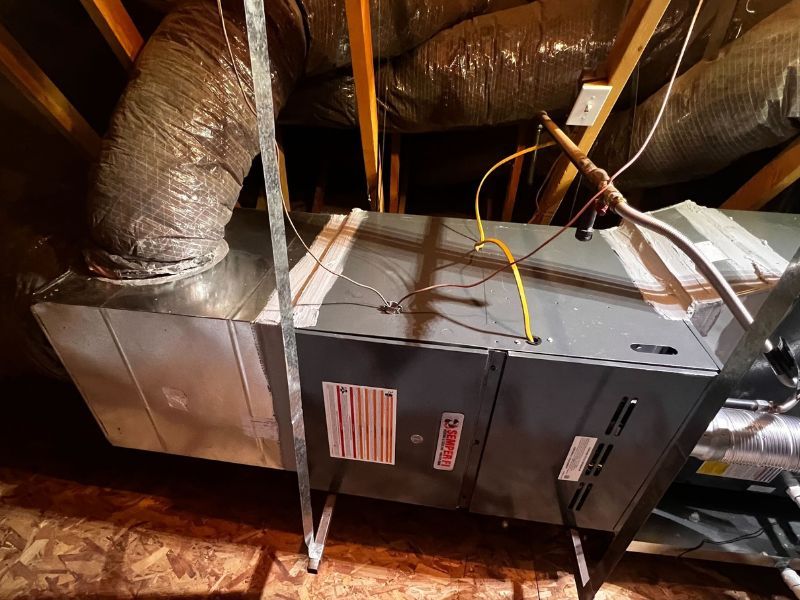What Is Humidity?
Humidity refers to the amount of moisture or water vapor present in the air. It plays a crucial role in indoor comfort and health, as excessive humidity can lead to discomfort, mold growth, and other indoor air quality issues.
The understanding of humidity dates back to ancient times when early civilizations recognized the impact of moisture on their well-being and agricultural practices. The development of hygrometers and other measuring instruments in the 17th century marked significant advancements in quantifying humidity.
In HVAC, maintaining the right level of humidity is essential for both comfort and energy efficiency. During colder months, indoor air can become too dry due to heating systems, while warmer months can lead to high humidity levels. HVAC systems are designed to regulate humidity through methods like dehumidification and humidification.
People Also Ask About Humidity
What is the ideal indoor humidity level for comfort?
The ideal indoor humidity level for comfort typically ranges between 30% to 50%. This range helps prevent issues caused by both excessively dry and excessively humid air.
How does humidity impact indoor air quality?
High humidity can promote mold and mildew growth, while low humidity can lead to dry skin, irritated respiratory passages, and increased susceptibility to respiratory infections.
Can I control humidity using my HVAC system?
Yes, HVAC systems can include features like humidifiers and dehumidifiers to control indoor humidity levels. Consulting an HVAC professional can help determine the best solution for your needs.
HVAC System Cost & HVAC Reviews
Related Pages
Categories


